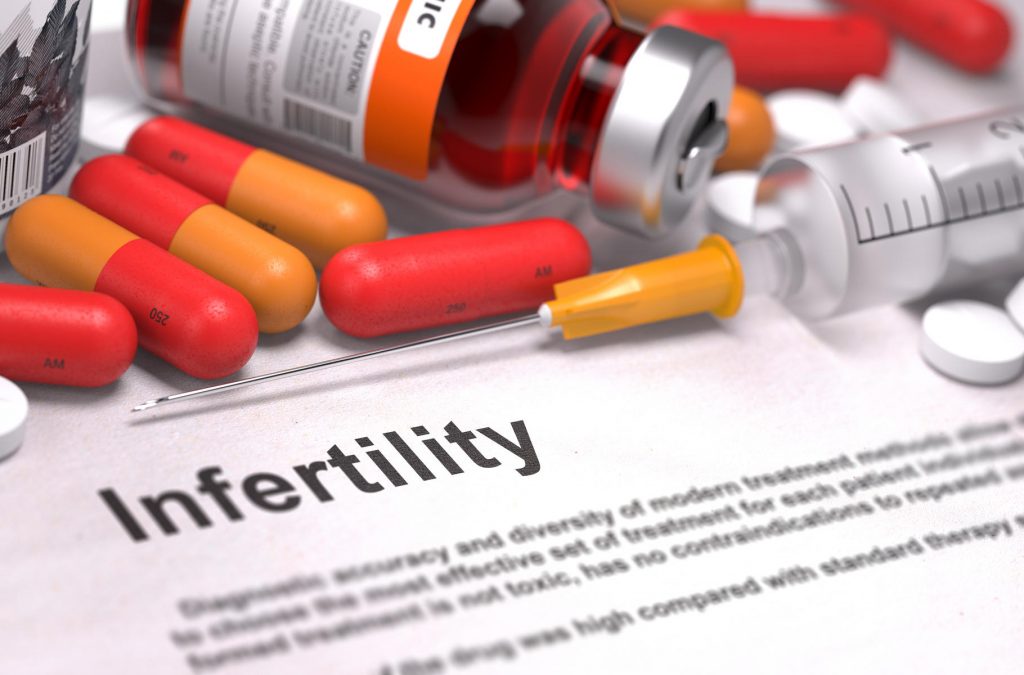Infertility in women leads to difficulty in conceiving. What lifestyle choices are made has a big impact on Female Fertility. Female Fertility and causes The ability of a woman to conceive a biological child is called Female Fertility. However, if you have had unprotected sex with your partner for more than a year if you are less than 35 years of age, or at least for six months if you are over 35 years of age, and have still not been able to conceive, then you may have some fertility problems that needs immediate attention. Female Fertility problems are caused because of many medical conditions. Some of them are as follows: 
Problems in Ovulating
Endometriosis – this is a condition where the tissues that line the inside of the uterus grow outside the uterus Formation of a band of scar tissue between the pelvic organs that has been caused by any previous surgery Fallopian tube blockage which is caused because of a pelvic inflammatory disease or because of a tubal abnormality
Hyperprolactinemia – it is a condition where there is an excess of prolactin in the body Other conditions that affect the uterus Women also face fertility issues because of their age. The likelihood of getting pregnant decreases with age because an older woman’s egg does not get fertilized as easily as the eggs of a younger woman. There may also be complications for the egg to develop normally in case fertilization occurs.
How to prevent Female Fertility problems Making healthy lifestyle choices can help prevent problems related to Female Fertility:
Weight: Women who are overweight as well as those who are underweight face problems in conceiving. This can affect the hormone production and hinder normal ovulation. It is important to have a normal weight that increases the ovulation frequency and thus the chances of getting pregnant.
Prevent STIs: Infections such as gonorrhoea and chlamydia are transmitted sexually, and they cause Infertility in women. Practicing safe sex, using condoms and having a monogamous relationship can prevent you from the infection.
Sleep patterns: Those who work a lot in night shifts may have difficulties in conceiving. This may be because of problems in hormone production. It is important to get enough sleep and have a regular sleep pattern.
Smoke and alcohol: Refrain from smoking and drinking excess of alcohol. Smoking tends to age your ovaries, and it also depletes the eggs. Ovulation disorders are common amongst those who drink heavily.
Avoid caffeine: Too much caffeine can lead to infertility.
Physical activity: Vigorous physical activity affects the production of the progesterone hormone and inhibits ovulation.
You do not have any control over the medical issues; however, you can make some changes in your day-to-day activities in order to improve your reproductive system. If you still face fertility issues, then you can take the help of a doctor who can do a thorough check-up and suggest ways to improve fertility or advice treatments if required.
